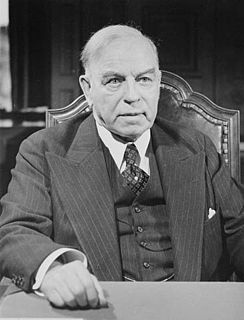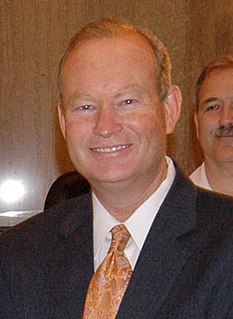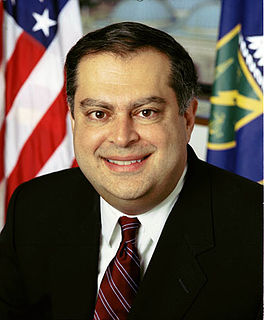A Quote by Justin Trudeau
The federal government shouldn't be drawing lines on a map in terms of what transit infrastructure are needed; we should be there to be a partner with the cities, with the provinces, that need that.
Related Quotes
Quite frankly, the federal government needs - as it needs to on so many levels - to be a better partner to provinces and municipalities with the challenges their citizens are facing. I think a federal government that collects appropriate data and actually understands what people are challenged with in their daily lives, and in their hopes and dreams, is going to be able to help with municipalities and provinces in addressing various challenges like these.
Our infrastructure of bridges, roads and ports has been given a D-level rating by many civil engineer societies. The government should shift some money from the Defense budget and hire companies to fix our infrastructure. As for non-construction workers, we need to do job retraining in those growing areas where more skilled workers will be needed.
It`s nice to get president candidates` attention to infrastructure need which is really a ticking time bomb in America. But as important as the dollar amounts are, we need to know that this money is gonna go directly to cities. So we`re gonna be able to put it to use. In previous administrations and in previous efforts on infrastructure, the money has gone through states and it never seems to find its way to the nation`s cities.
The Fed cannot reduce inequality on its own; far from it. This requires a concerted effort by the government, broadly speaking, to support a variety of efforts. These include things like raising the federal minimum wage, eliminating unfair restrictions on union organizing, increased fiscal spending on needed infrastructure with a condition that these jobs will be decent paying jobs. Of course, this is just the tip of the iceberg, and far from the question of the role of the Federal Reserve.
The federal government neither has the power to site transmission lines, nor do we build them. That's done, as people know, in their own communities. The siting decisions and the permitting is done at the local level, or by state governments if it's interstate in nature. And federal government - this is one area we have no authority.






























